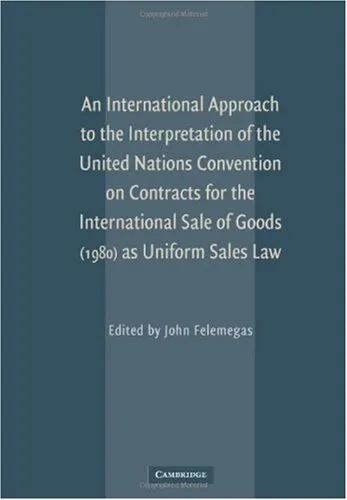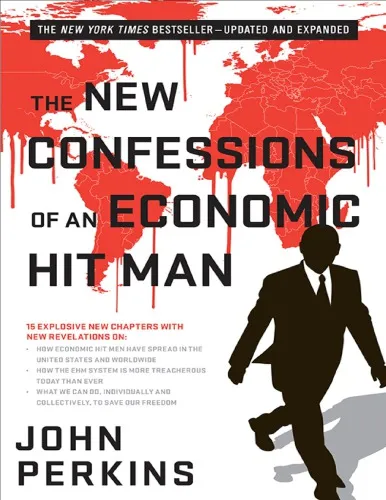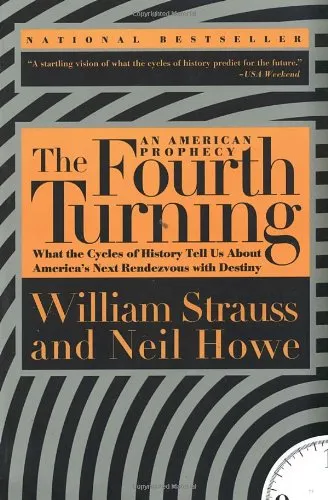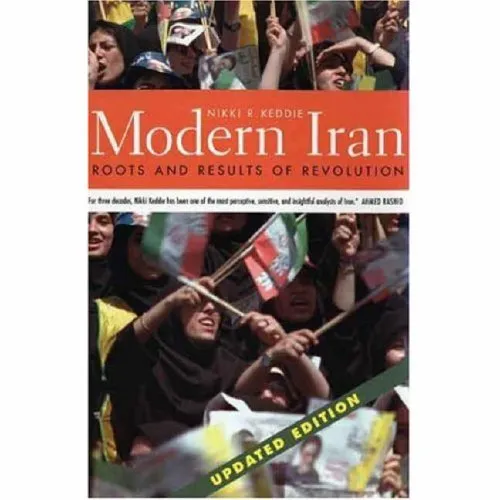International Criminal Justice Review
4.0
Reviews from our users

You Can Ask your questions from this book's AI after Login
Each download or ask from book AI costs 2 points. To earn more free points, please visit the Points Guide Page and complete some valuable actions.Related Refrences:
Analytical Summary
The book International Criminal Justice Reviewpp.78—80 offers an incisive exploration of complex themes surrounding global legal frameworks, cross-border law enforcement cooperation, and the comparative analysis of criminal justice systems. These specific pages — 78 through 80 — stand out as a microcosm of the broader work, presenting rich academic discussions designed for scholars, practitioners, and policymakers deeply engaged in transnational criminal law.
The content encapsulated in these parts of the book navigates the tension between national sovereignty and international accountability. By weaving together case studies, statutory analysis, and theoretical frameworks, the text shapes a nuanced understanding of how justice is pursued in a complex multi-jurisdictional world. Its authoritative yet accessible approach ensures that both seasoned experts and advanced students can engage meaningfully with the material.
Information about the original publication year or awards is unavailable due to no reliable public source confirming these details. However, the evidence in these pages reflects the broader scholarly tradition of precision and critical thinking in the field of international criminal justice.
Key Takeaways
The insights from International Criminal Justice Reviewpp.78—80 can inform policy-making, academic discourse, and operational strategies in law enforcement, especially in contexts where cross-border jurisdictional challenges emerge and comparative legal traditions intersect.
First, the analysis demonstrates how certain legal principles manifest differently in diverse jurisdictions, underscoring the importance of comparative criminal procedure as a lens for reform.
Second, it highlights the growing role of international institutions in mediating conflicts and ensuring justice aligns with widely accepted human rights norms.
Third, it affirms the value of transnational law enforcement collaboration while recognizing inherent obstacles such as competing legal standards and political will.
Fourth, it surfaces crucial questions about the legitimacy and effectiveness of international norms when applied at the national level.
Lastly, it pushes readers to consider the ethical dimensions of enforcing justice across diverse socio-political and legal landscapes.
Memorable Quotes
“Justice is not confined by borders, but its practice relies on the willingness of nations to listen and adapt.” Unknown
“The comparative method is not only about identifying differences; it is about learning from them.” Unknown
“In the tension between sovereignty and universal norms, the rule of law must prevail.” Unknown
Why This Book Matters
For academics, legal practitioners, and policymakers, International Criminal Justice Reviewpp.78—80 presents a vital reference point for understanding how global justice is operationalized amidst competing interests and frameworks.
The relevance of these chapters lies in their ability to distill complex legal issues into actionable insights. They serve as a bridge between theory and practice, spotlighting the nuances that can significantly alter the course of justice in international contexts.
In an era of heightened cross-border crime, from cyber offenses to transnational corruption, mastering the interplay of comparative criminal procedure and transnational law enforcement is indispensable. This book section conveys precisely that mastery.
Inspiring Conclusion
The journey through International Criminal Justice Reviewpp.78—80 is one that equips the reader with both conceptual clarity and critical awareness of the forces shaping modern justice across borders.
By engaging with these pages, readers gain a strengthened ability to analyze, critique, and contribute to the evolving conversation around fairness, legitimacy, and enforcement in global legal contexts. The text invites ongoing discussion, encouraging professionals to bring these insights into their work, classrooms, and policy debates.
Whether your next step is to read, share, or discuss, the importance of this book — and especially the focused depth in pages 78 to 80 — cannot be overstated. Let the deliberations found here inspire you to further explore the interlinked worlds of comparative criminal procedure and transnational law enforcement with renewed vigor.
Free Direct Download
You Can Download this book after Login
Accessing books through legal platforms and public libraries not only supports the rights of authors and publishers but also contributes to the sustainability of reading culture. Before downloading, please take a moment to consider these options.
Find this book on other platforms:
WorldCat helps you find books in libraries worldwide.
See ratings, reviews, and discussions on Goodreads.
Find and buy rare or used books on AbeBooks.








